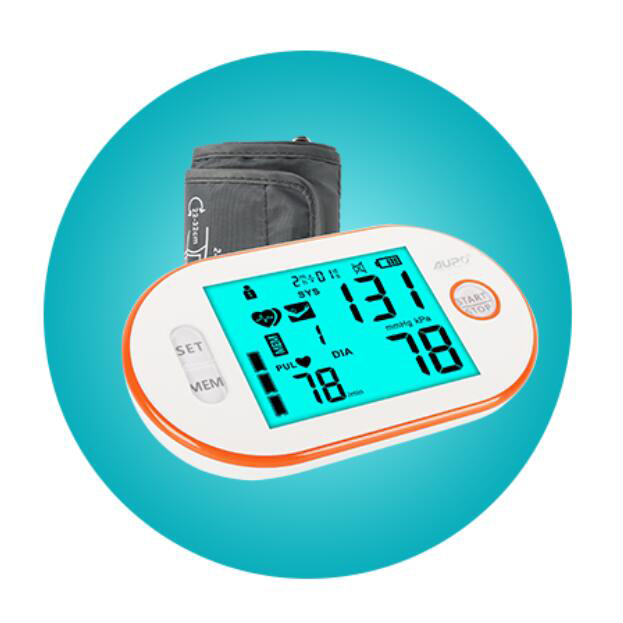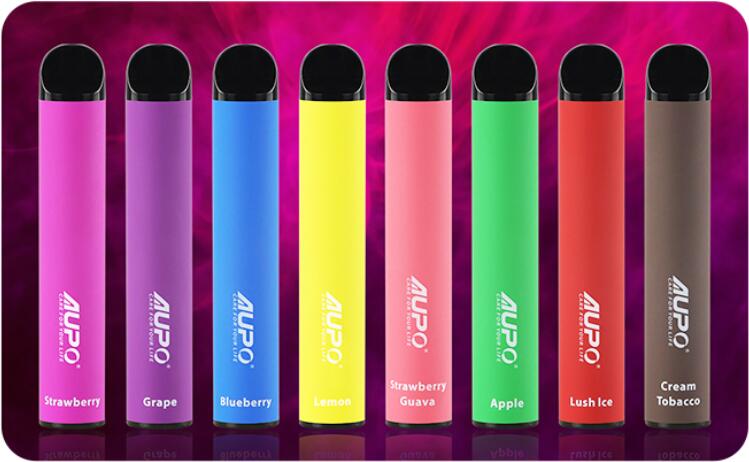The new system will be launched in Brazil next month.
Nestlé has announced the launch of Nescafé Dolce Gusto Neo – a new at-home coffee machine that uses paper-based and home-compostable coffee pods. Nareena Oxygen Concentrator

Sustainable and recyclable packaging is more in demand than ever, yet the packaging industry is at a crossroads.
While the traditional practices and old ways of doing business are well-established and understood, avoiding the circular economy is not a viable plan for the long term.
However, this circular shift doesn’t have to be a radical overhaul overnight. A combination of small changes can make a big difference. And these changes can result in cost savings.
Siegwerk is an internationally recognised provider of sustainable coatings and inks for the packaging industry. The company has embraced the circular economy and is setting many standards in sustainability in packaging products while working with major brands.
To learn more about the work of Siegwerk in the circular economy, download this document.
Please enter a work/business email address
By clicking the Download Free Whitepaper button, you accept the terms and conditions and acknowledge that your data will be used as described in the Siegwerk privacy policy
By downloading this Whitepaper, you acknowledge that we may share your information with our white paper partners/sponsors who may contact you directly with information on their products and services. Visit our privacy policy for more information about our services, how we may use, process and share your personal data, including information on your rights in respect of your personal data and how you can unsubscribe from future marketing communications. Our services are intended for corporate subscribers and you warrant that the email address submitted is your corporate email address.
Nescafé Dolce Gusto Neo will be launched in Brazil next month at an SRP of EUR179 (US$170), with the paper-based pods costing around EUR0.50 each. The machine and pods will also roll out to other unspecified markets in the future, Nestlé added.
The pods for the Neo system are made from paper and a compostable biopolymer lining. They decompose within three months in industrial compost settings and within six months when composted at home. The new pods – which took five years to develop – use 70% less packaging (by weight) than current Nescafé Dolce Gusto pods.
To assist with the manufacture of the new pods, the Switzerland-headquartered firm is to invest more than EUR50m in its factory in Montes Claros in Brazil.
Arnaud Deschamps, head of Nescafé Dolce Gusto, told Just Drinks the company wanted to tackle consumers’ perception of the wasteful nature of portioned coffee.
“We want to avoid any kind of waste guilt, which is something you have with portioned coffee,” he said. “If we want to progress in the portioned coffee category, we need to address the environmental perception issue. I say perception issue because, if you look at the CO2 footprint of the whole system, it is actually better than that of filter coffee because we use less coffee, less water, less energy – but more packaging.”
Deschamps would not be drawn on whether Nestlé would seek to roll out the paper-based pods to other portioned coffee systems such as Nespresso. However, he pointed to the group’s commitment to cutting virgin plastic use by a third by 2025.
“I cannot tell you what Nestlé is going to do with its other systems, but we have the commitment to reduce the usage of virgin plastic by a third by 2025,” he said. “We also want to reduce our carbon footprint. So we are not the only ones at Nestlé that are looking for solutions for the consumer whilst also being respectful of the environment. With this [Nescafé Dolce Gusto Neo], we are the pioneers with this type of product but everyone is looking for more sustainable solutions.”
On why it had taken Nestlé so long to come up with a paper-based alternative to plastic and aluminum-based coffee pods, Julia Lauricella, the group’s head of global R&D for systems and coffee machines, said it took time to develop a product that met sustainability criteria without compromising on taste.
“Since we had as a starting point that we wanted to keep the superior quality and didn’t want to oxidise the coffee and lose on quality, we needed to work with a biopolymer layer,” she said. “This adds a whole layer of complexity. Each time you change an element you need to revalidate with the machine to make sure it works and is still extracting the product in the way you want.
“If you want the sustainability accreditation you have to do a true duration study, which is three months for industrial compositing or biowaste and six months at home. Each time you change the smallest thing and the composition of your material you have to start the composting time again from zero.”
The Nescafé Dolce Gusto Neo machine is made from 50% recycled plastic (in non-food contact parts) and the thermal heating element contains 85% recycled aluminium. Lauricella said the company had designed Neo to have ten years of “repairability” and had included features such as an eco-switch off setting in order to make the device more sustainable.
Among the other new features of Neo is Nestlé’s patented SmartBrew technology, which enables the machine to read the code printed on the lid of each pod and adjust its settings accordingly. Nescafé Dolce Gusto said the technology will allow consumers to make a wider variety of drinks at home, including filter-style coffee.
The machine can also be controlled and the user experience customised via the Neo smartphone app, which enables users to adjust the temperature and serving size of their coffee. The app also links automatically with Nescafé Dolce Gusto’s loyalty programme and online troubleshooting services.
Coffee pods: an environmental menace or an opportunity for sustainable innovation?
Sustainably Produced, Naturally Aged Premium Rum
Global manufacturer of fruit juice concentrates, flavours and beverage bases
Sustainable and recyclable packaging is more in demand than ever, yet the packaging industry is at a crossroads.
While the traditional practices and old ways of doing business are well-established and understood, avoiding the circular economy is not a viable plan for the long term.
However, this circular shift doesn’t have to be a radical overhaul overnight. A combination of small changes can make a big difference. And these changes can result in cost savings.
Siegwerk is an internationally recognised provider of sustainable coatings and inks for the packaging industry. The company has embraced the circular economy and is setting many standards in sustainability in packaging products while working with major brands.
To learn more about the work of Siegwerk in the circular economy, download this document.
Please enter a work/business email address
By clicking the Download Free Whitepaper button, you accept the terms and conditions and acknowledge that your data will be used as described in the Siegwerk privacy policy
By downloading this Whitepaper, you acknowledge that we may share your information with our white paper partners/sponsors who may contact you directly with information on their products and services. Visit our privacy policy for more information about our services, how we may use, process and share your personal data, including information on your rights in respect of your personal data and how you can unsubscribe from future marketing communications. Our services are intended for corporate subscribers and you warrant that the email address submitted is your corporate email address.

Oxygen Concentrator 10 Liter Thank you for subscribing to Just Drinks